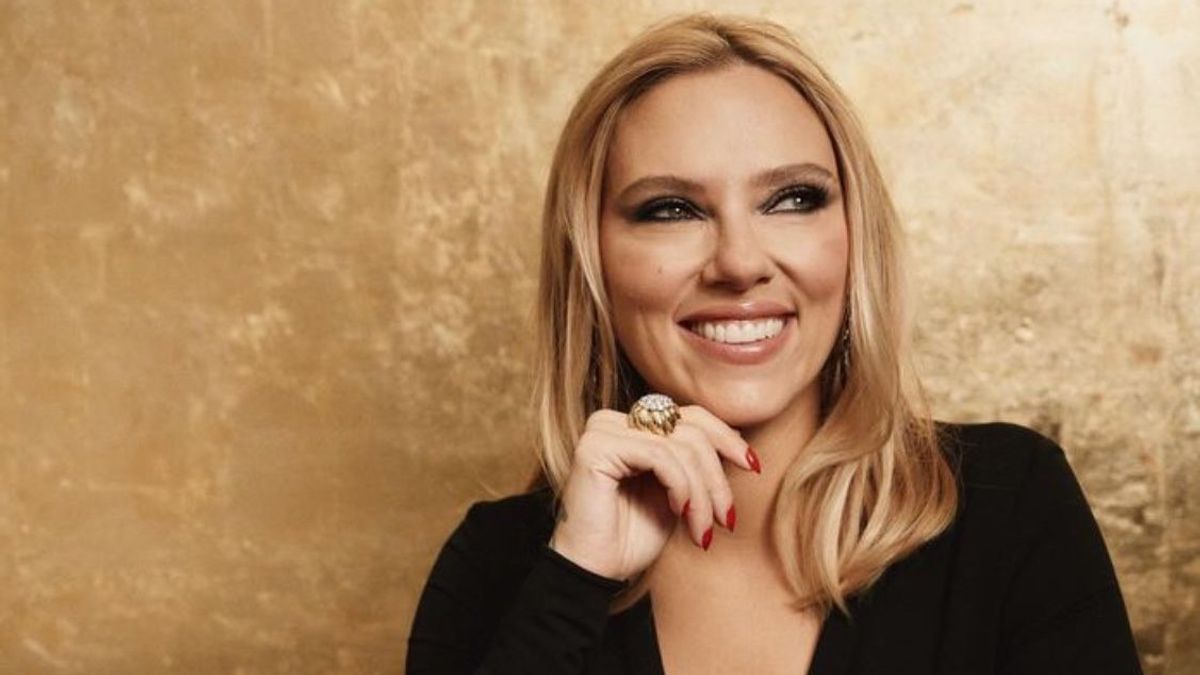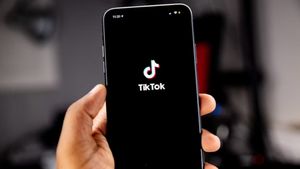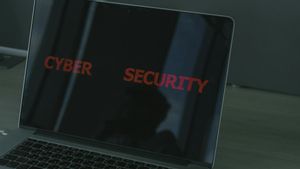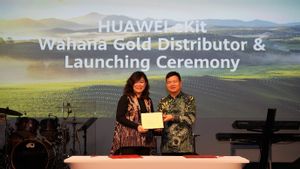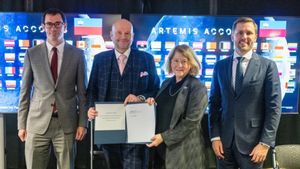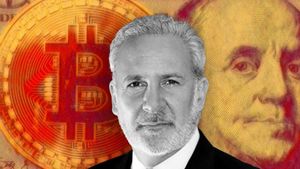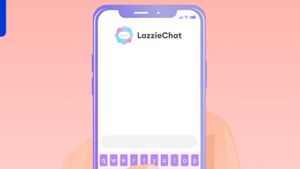JAKARTA - Scarlett Johansson's accusation that OpenAI imitated her voice from the film "Her" without her consent has sparked new concerns among Hollywood creatives about the existential threat posed by artificial intelligence (AI). Johansson alleges that the voice in public demonstrations from the latest version of ChatGPT is very similar to its appearance in the film directed by Spike Jonze.
These allegations come at a time when the film and television industry is considering working with OpenAI on creative projects. Executives and industry agents have met with OpenAI several times to discuss the potential for creative partnerships and the application of the technology.
"This OpenAI attitude does not support the respectful collaboration between content creators and technology giants," said a studio executive, calling OpenAI's actions an "composite" act.
OpenAI CEO Sam Altman said in a statement Monday 20 May that the voice was "not Scarlett Johansson's voice, and was never meant to resemble it. We recruited voice actors to fill Sky's voice before contact with Ms. Johansson." However, OpenAI did not provide further comment on its relationship with the Hollywood industry after this dispute.
Another concern expressed by agents and executives is that OpenAI AI models appear to have been trained with copyrighted works, which tech companies consider reasonable use because they are publicly available on the internet. This has become a major obstacle for some professional directors and filmmakers who may be reluctant to use tools built without the consent of other people's works.
Johansson's accusations of opening a new front in the battle between the content industry and AI leaders. Johansson argued that OpenAI violated its publicity rights, which gave someone the right to control commercial use in its name, image, or similarity.
SEE ALSO:
Johansson's case could inspire a push for federal protection against voices and similarities, similar to federal copyright protection, according to Jeffrey Bennett, general adviser to the SAG-AFTRA union.
"We're happy that there's now a big dialogue about this," Bennett said. "We've been trying to use megaphones and screaming about this for a long time now... We've talked about 'deep healths' proliferation and now it's starting to have an impact on everyone. Now, this is really a conversation. There has to be a federal solution."
The meeting between the entertainment world and AI technology as conducted by OpenAI shows that despite the great potential to improve the process of making films and TV, there are still many ethical and legal challenges that must be resolved to ensure fair collaboration and respect copyright and publicity rights for creators.
The English, Chinese, Japanese, Arabic, and French versions are automatically generated by the AI. So there may still be inaccuracies in translating, please always see Indonesian as our main language. (system supported by DigitalSiber.id)
